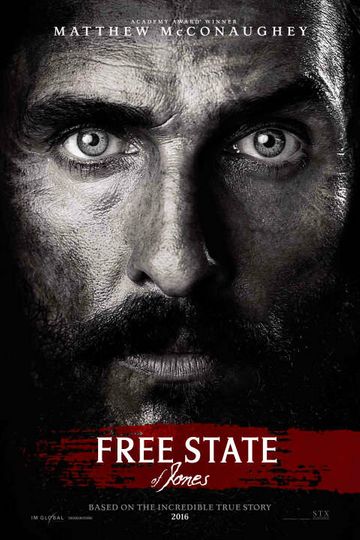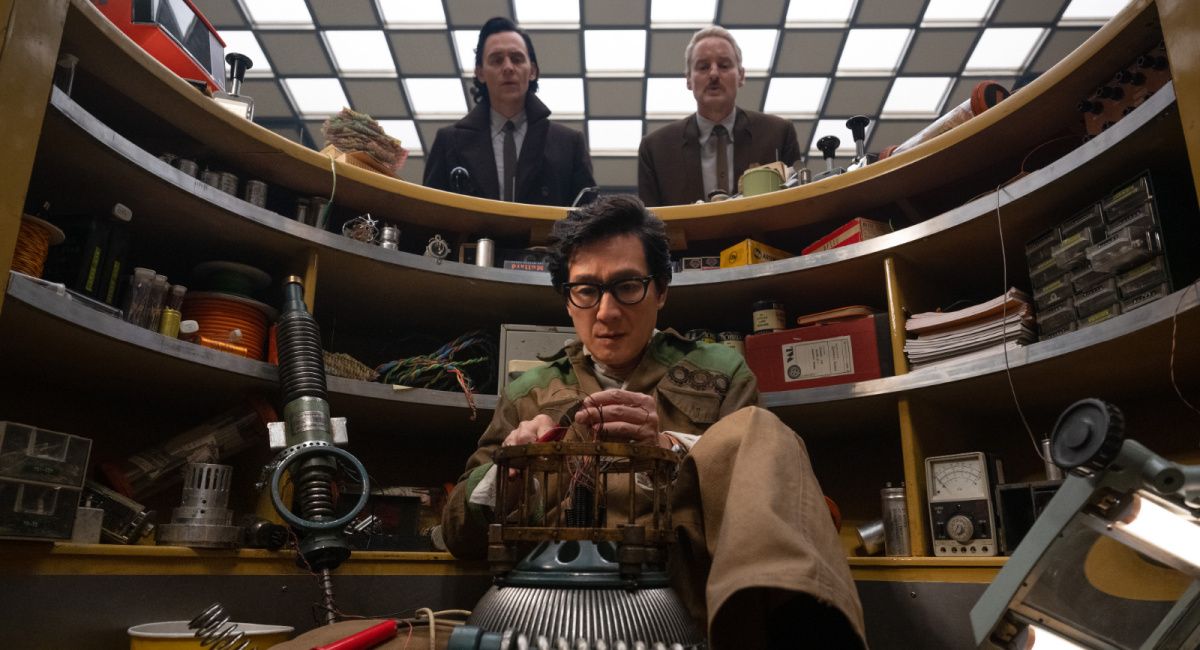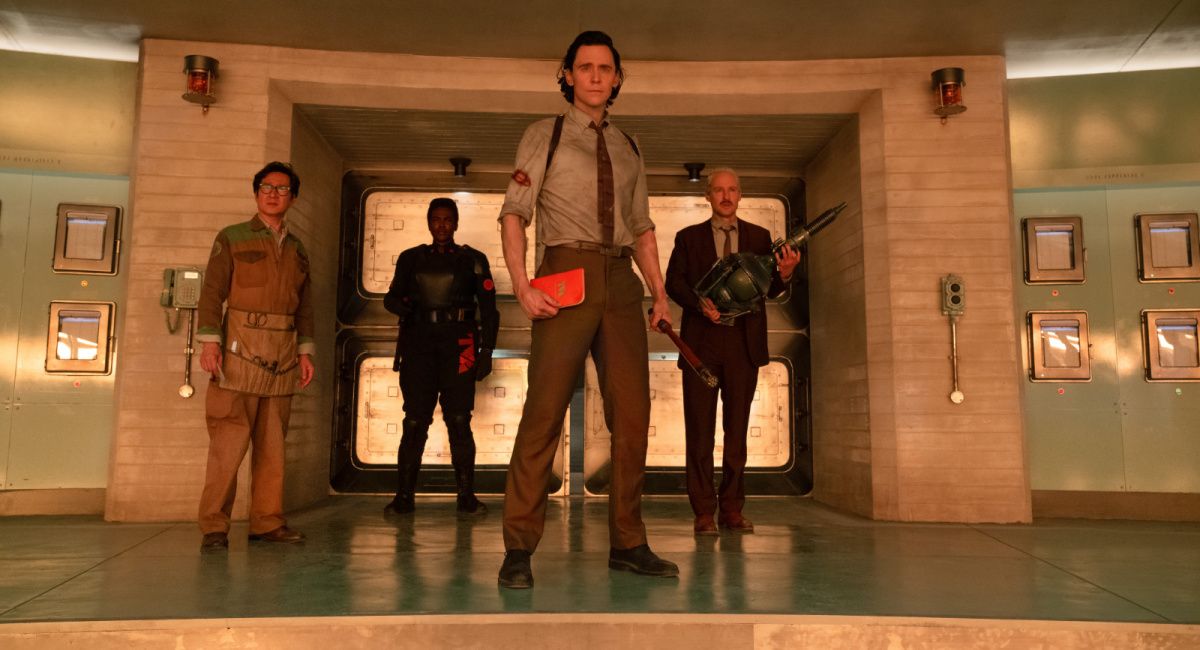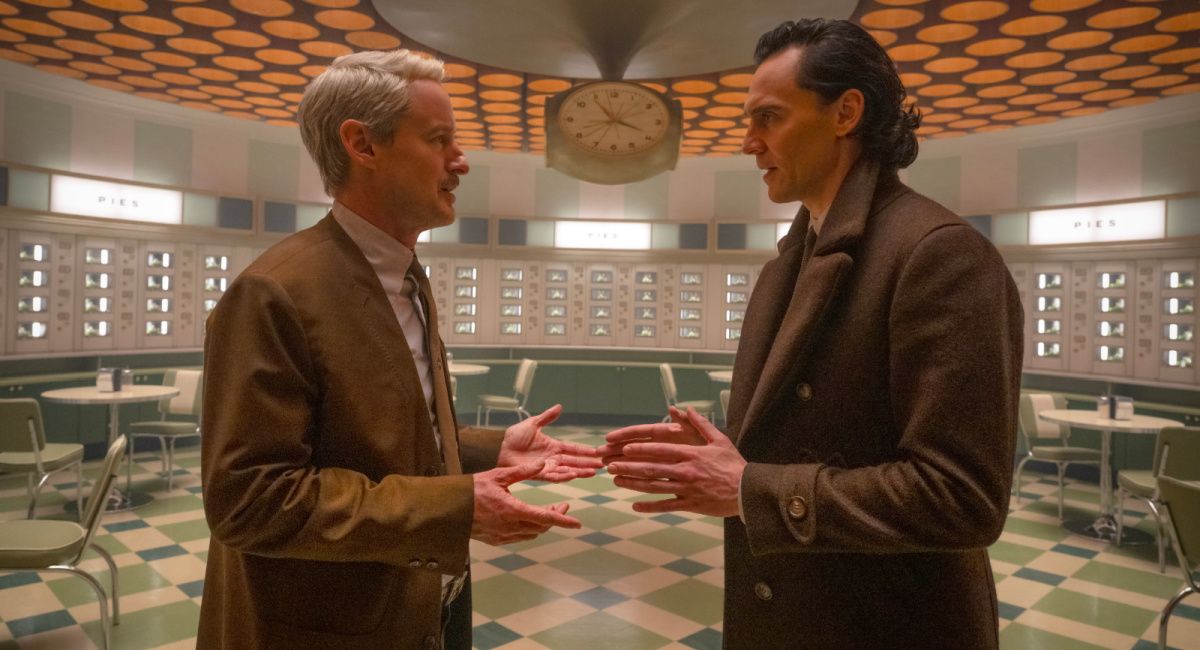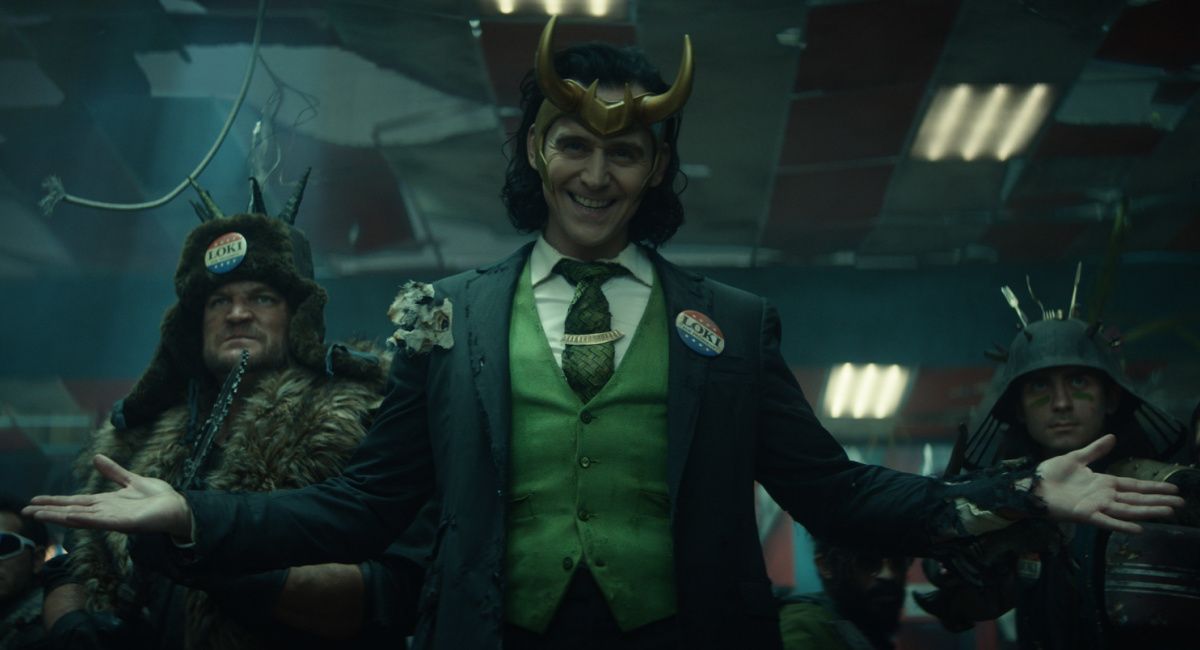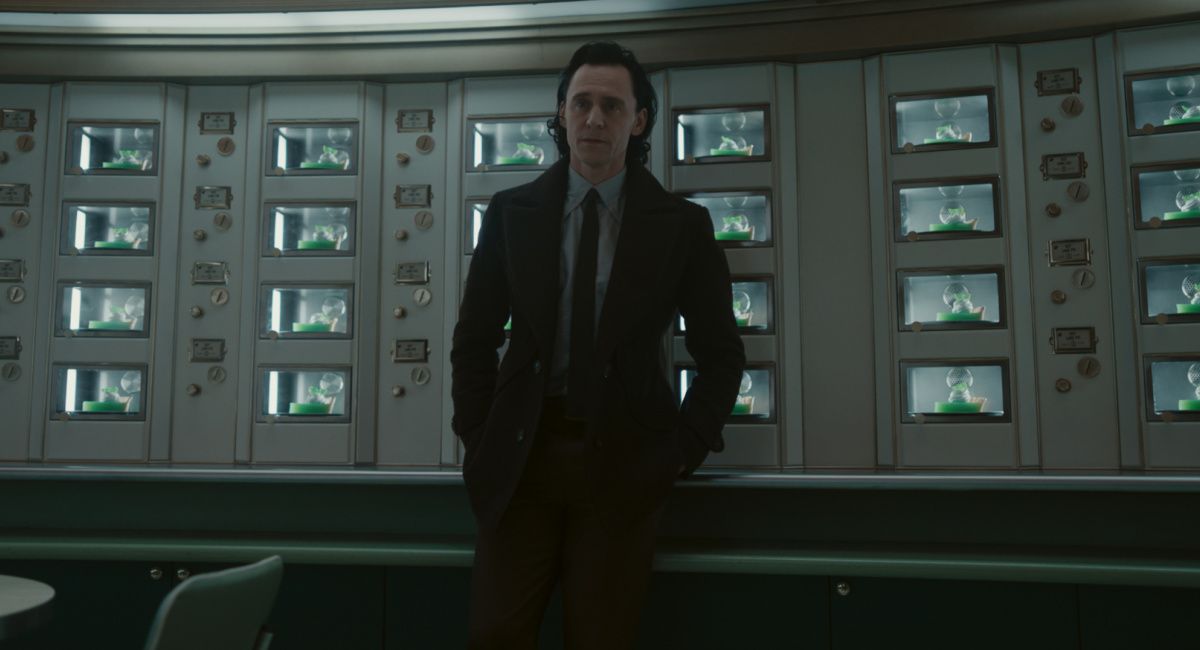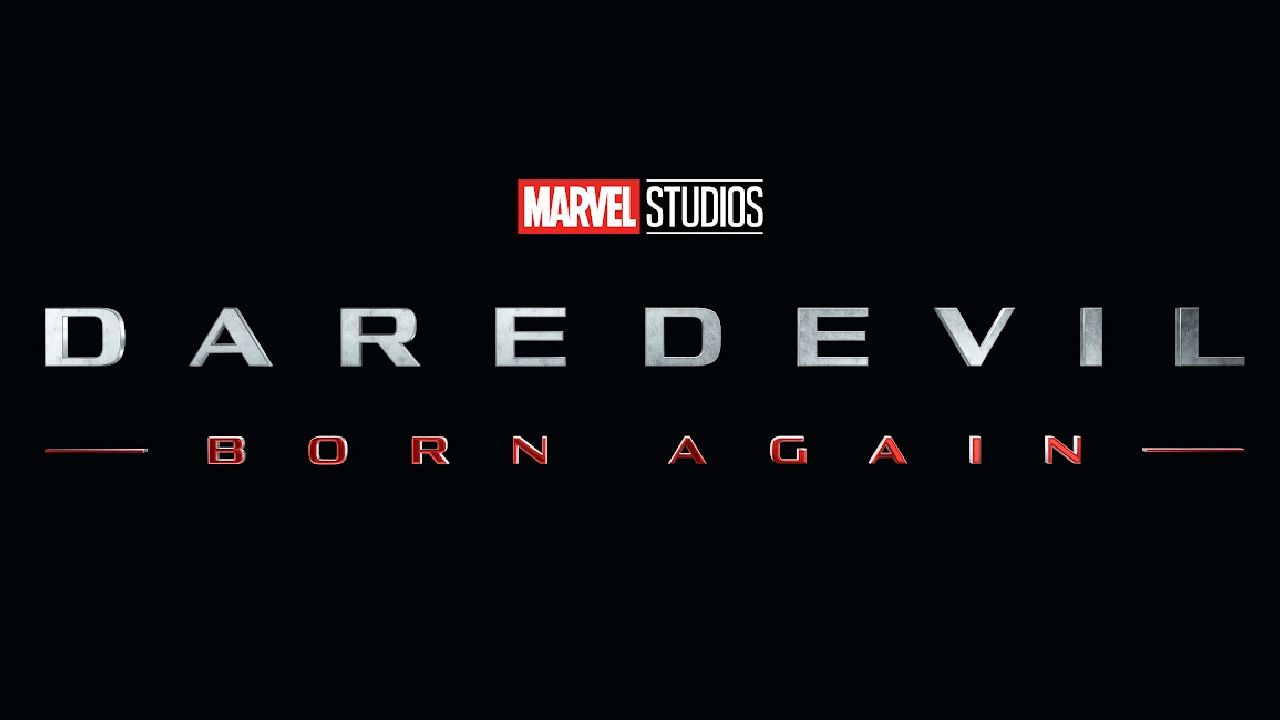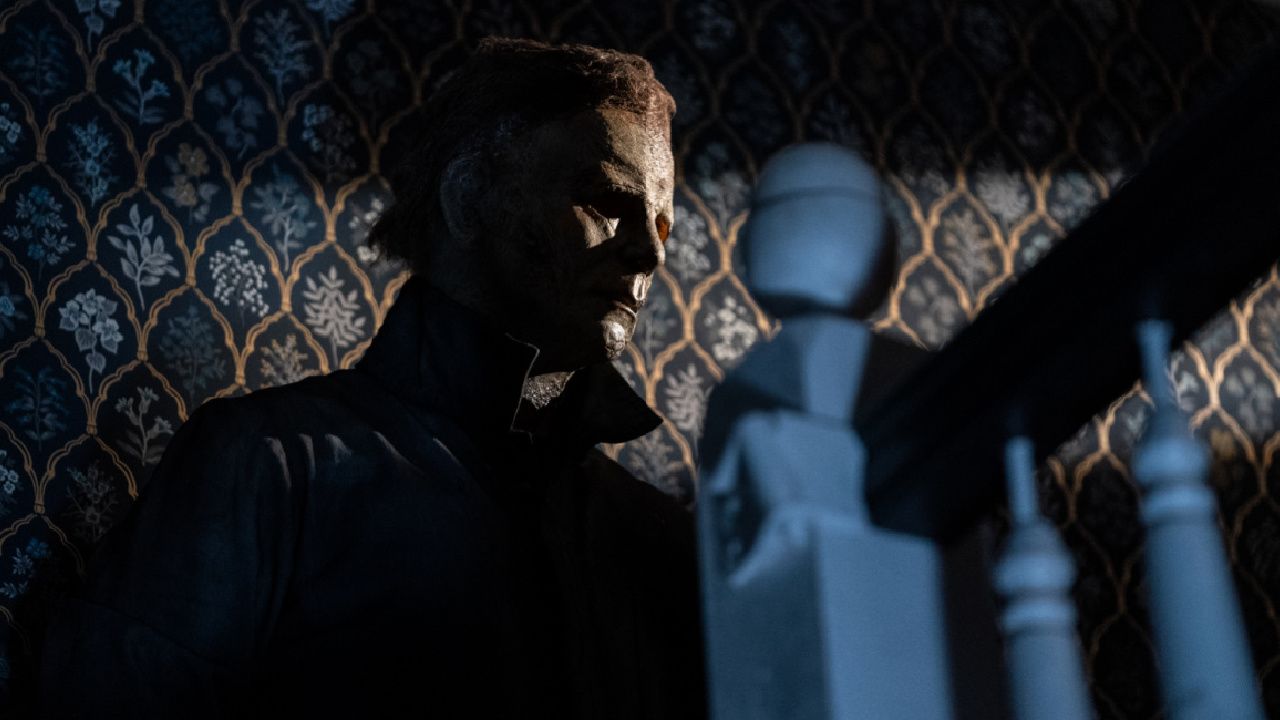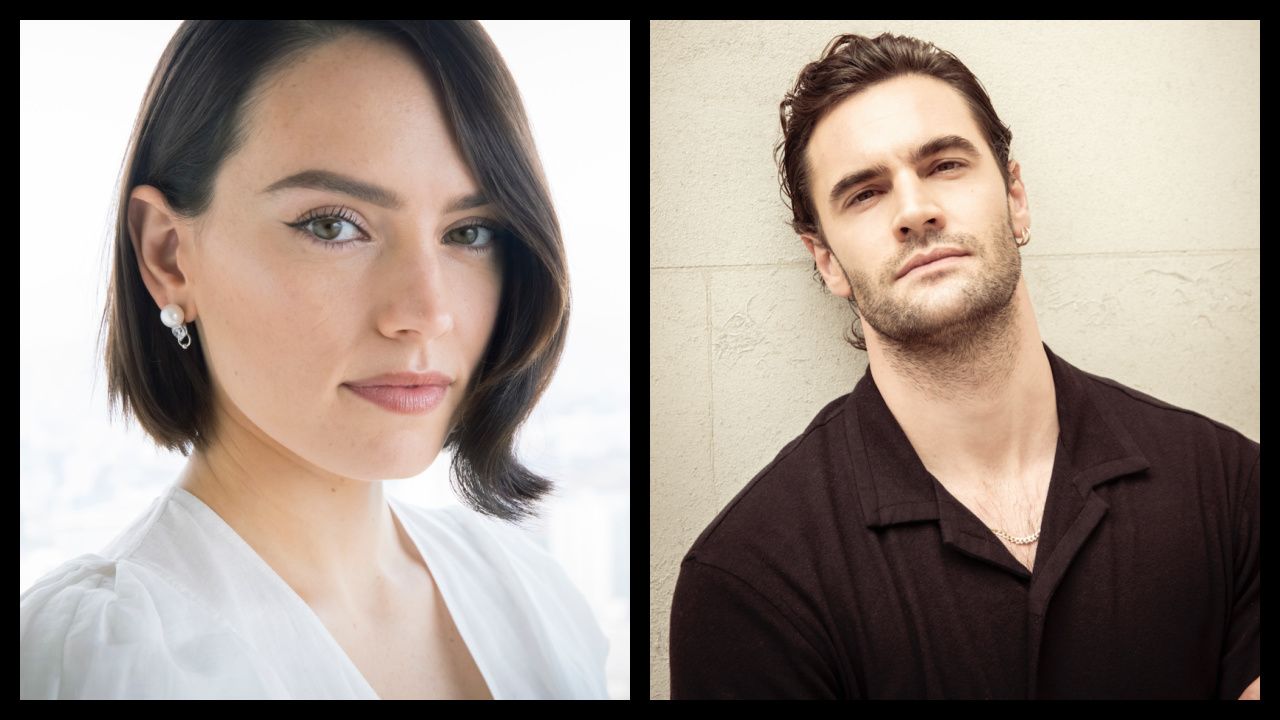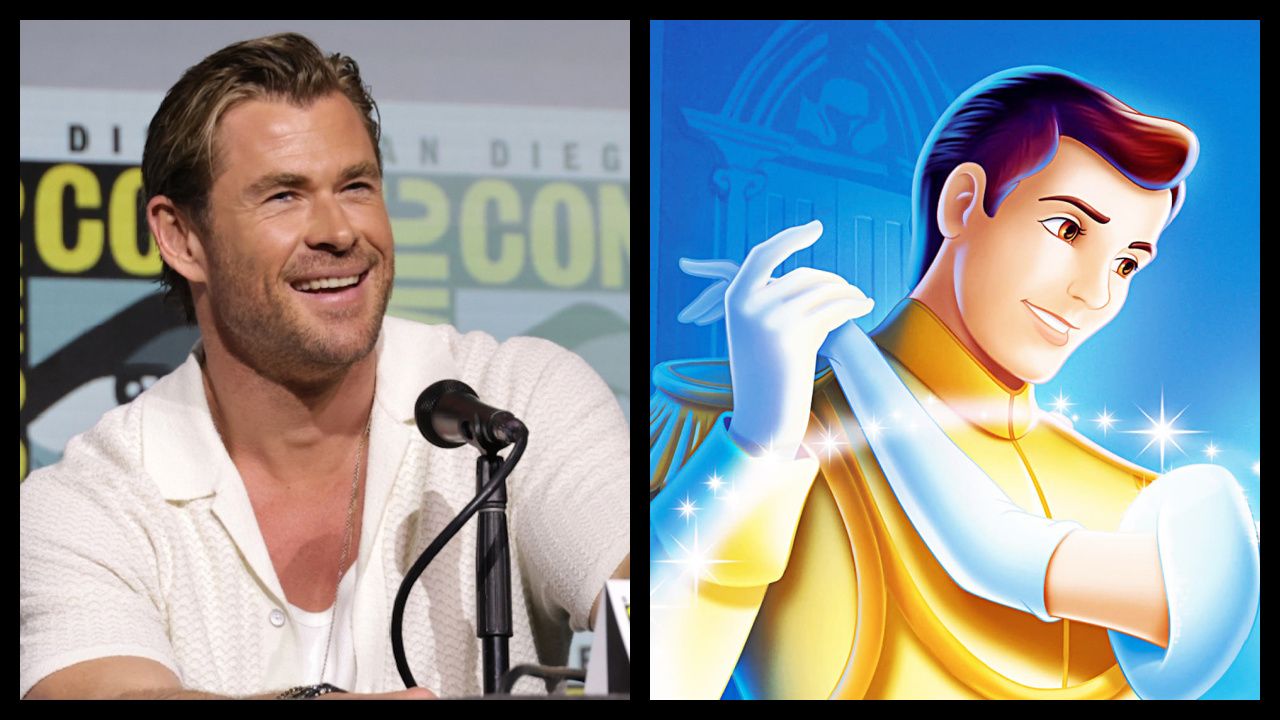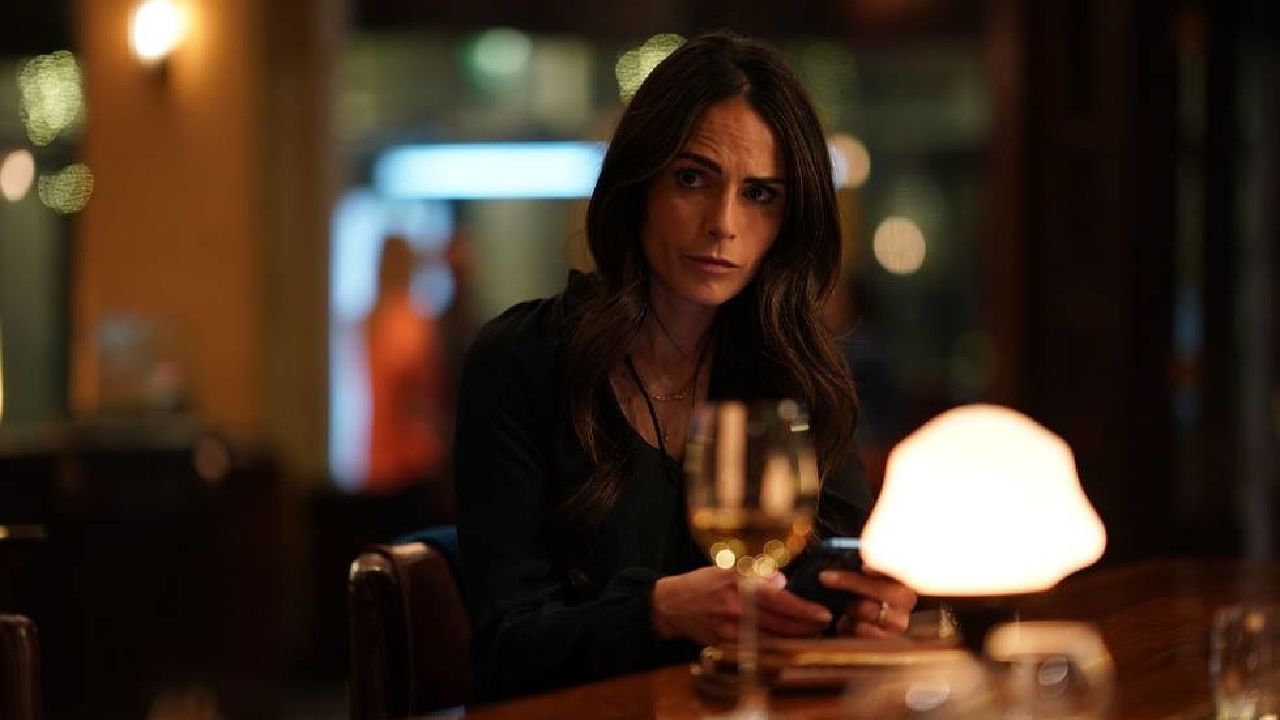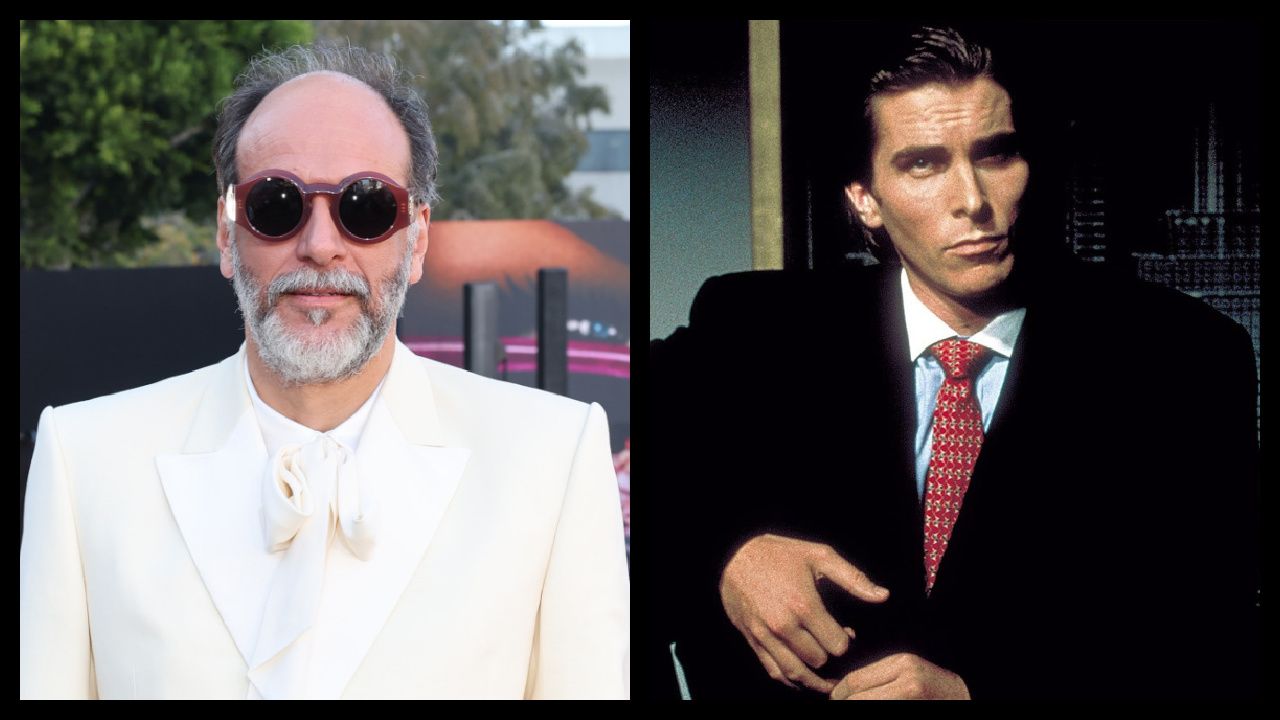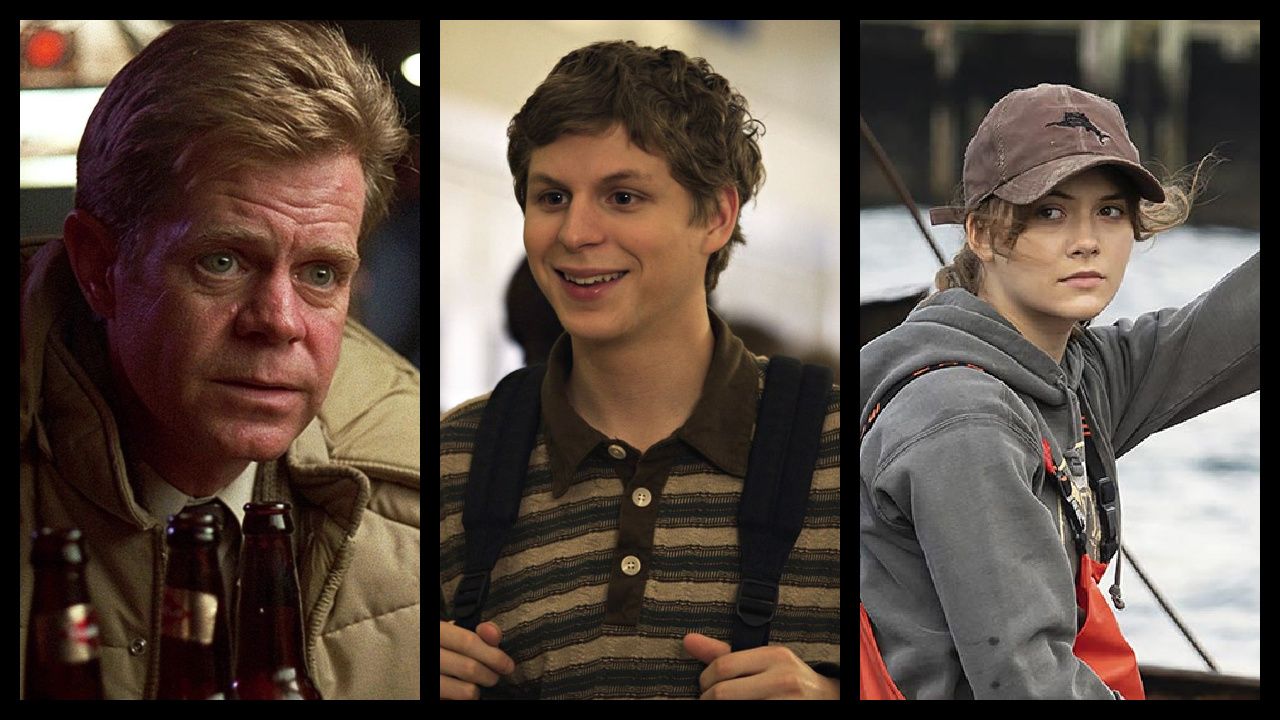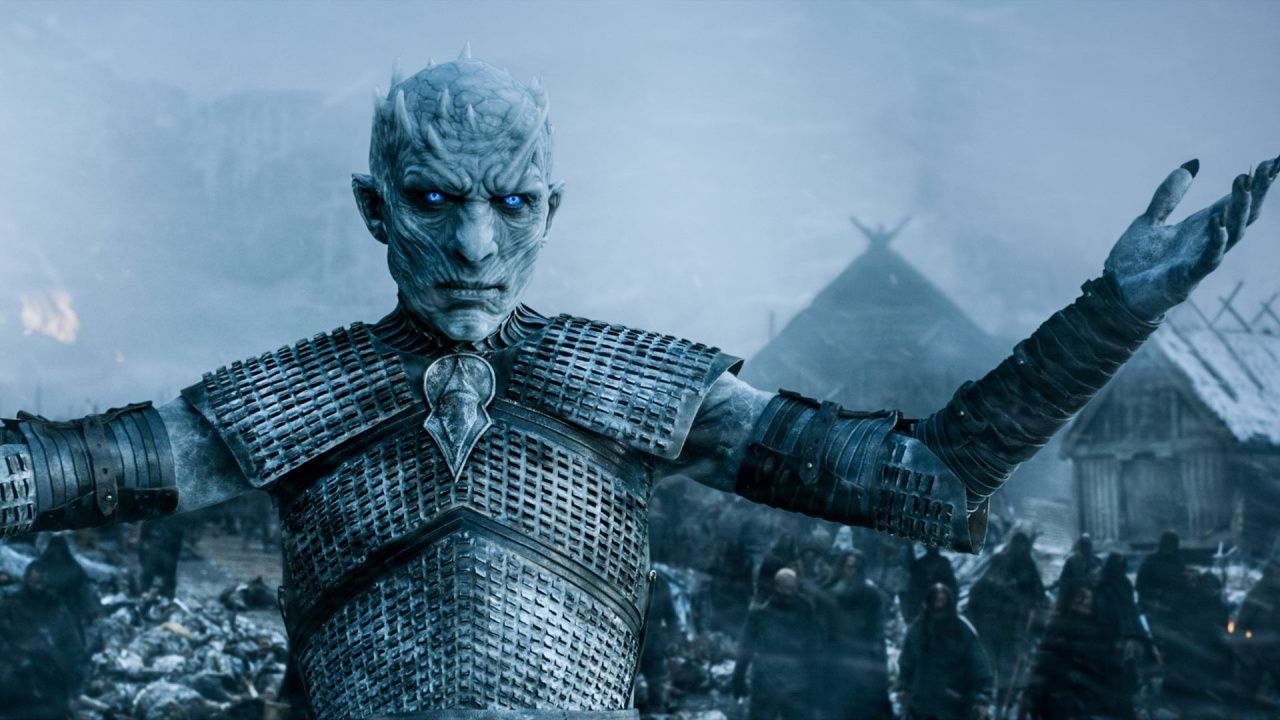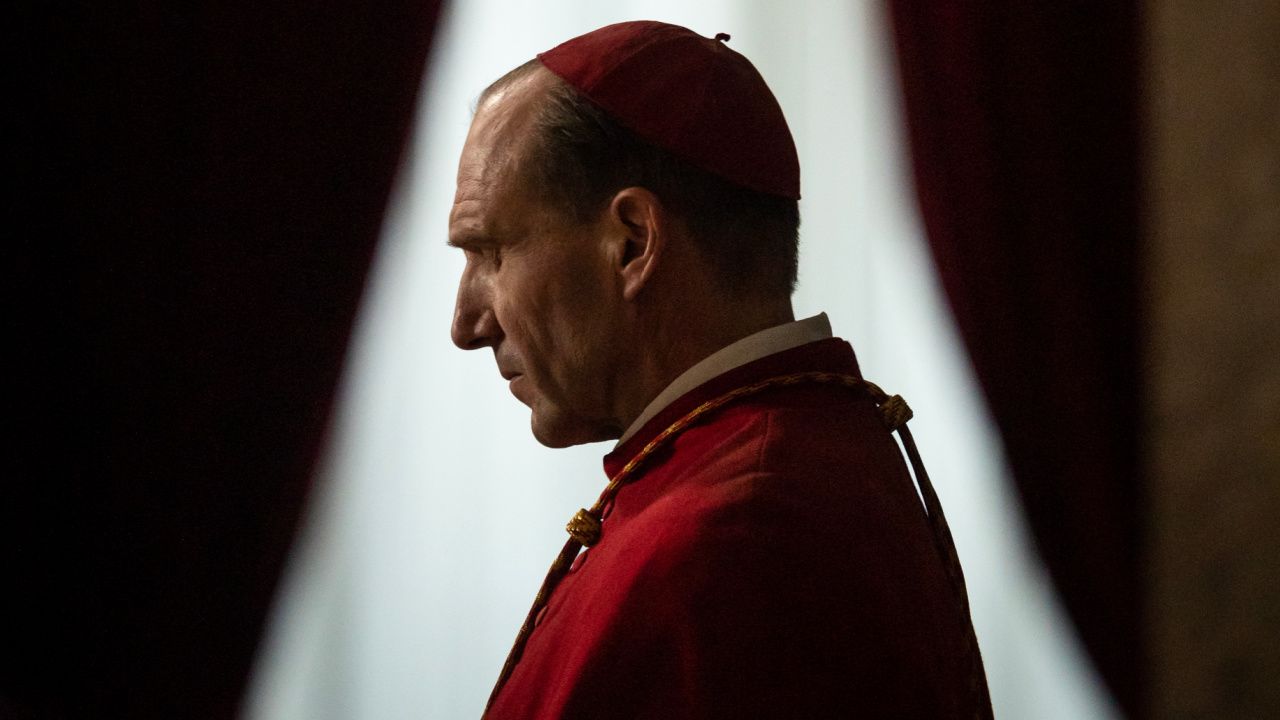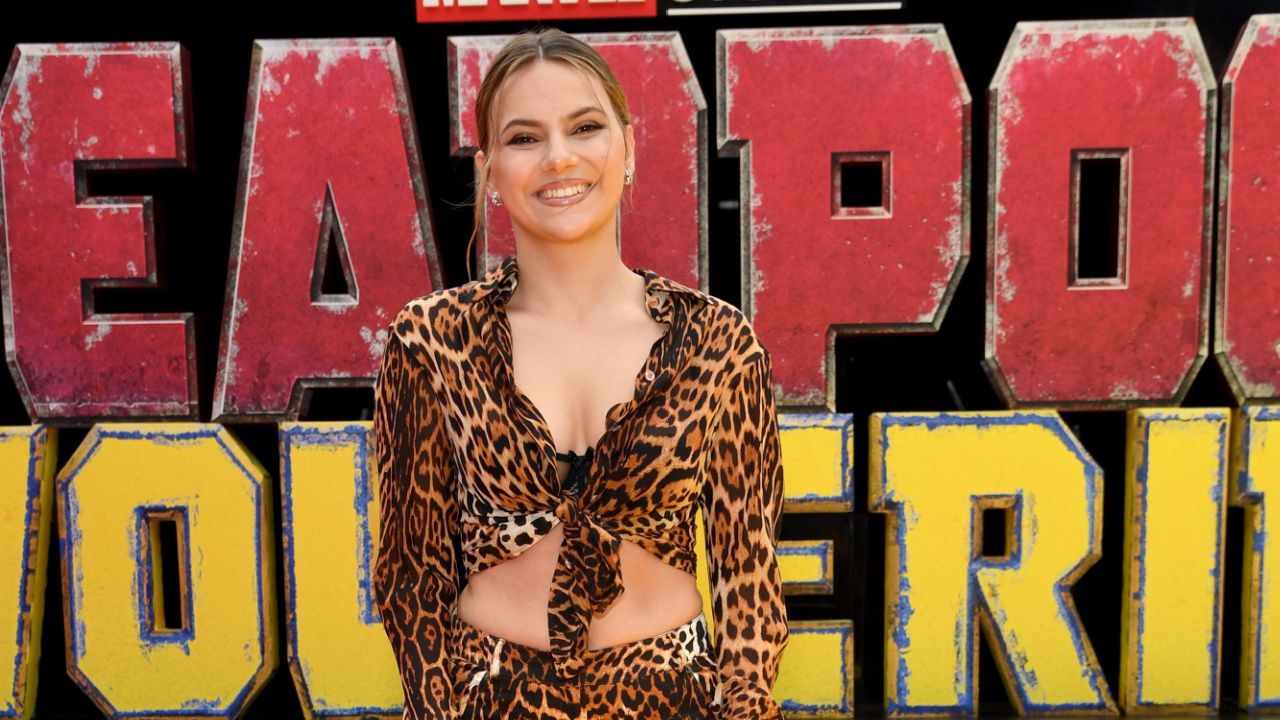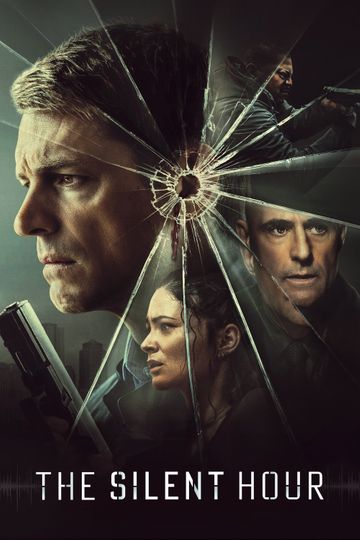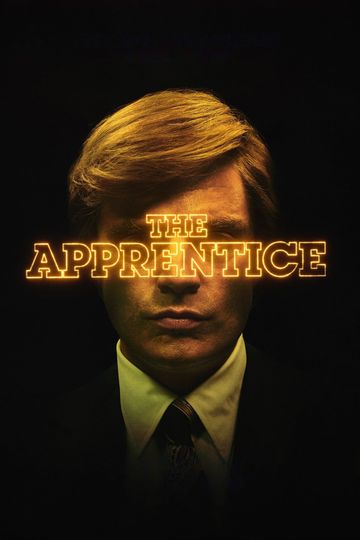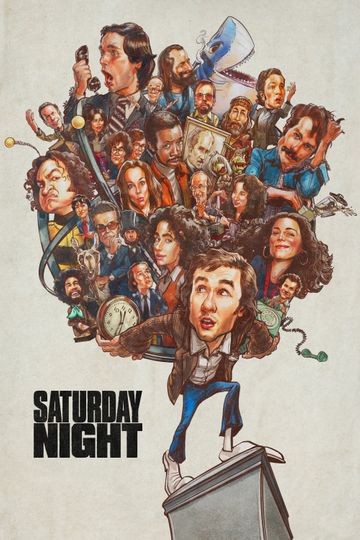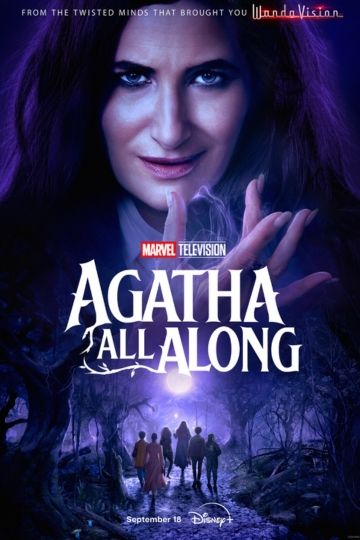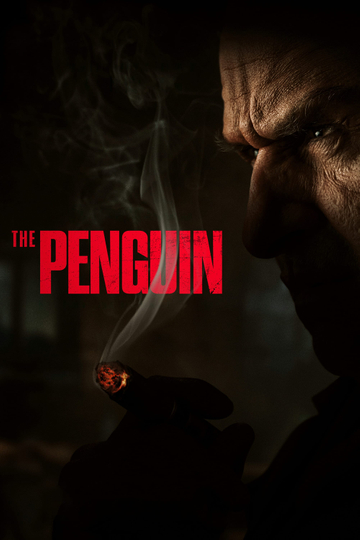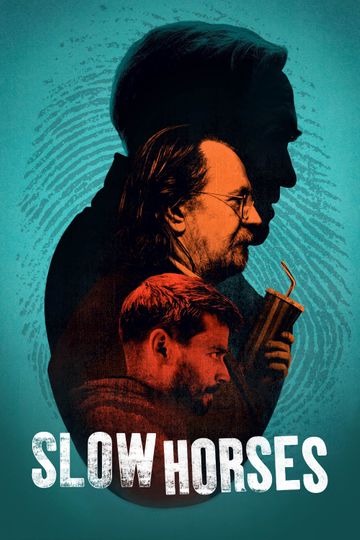Matthew McConaughey Brought 'Everything' to 'Free State of Jones'
Director Gary Ross tackles real-life tyranny and oppression in "Free State of Jones": the Civil War drama is the result of a decade of his research into a little-known historical figure, Newt Knight (Matthew McConaughey), a Southerner who fought against the Confederacy on behalf of the poor farmers whom the soldiers were continually stealing from and victimizing.
Moviefone sat down with the director to talk about filming on location in the swamps of Louisiana, how he took inspiration from the life of "12 Years a Slave's" Solomon Northrup, and what the Civil War was really about ... and why it still matters today.
Moviefone: How did you first find out about Newt Knight?
Gary Ross: I found out from a movie studio. There was a treatment from a guy named Leonard Hartman, who's credited on the movie. It was just the bare facts of Newt's life and what he did. I just never heard of this before, I didn't know who he was. It led me to an exploration, a two- or three-year research process where I found out not just about him, but Southern Unionism in general and how much more prevalent that was than I'd ever thought. This was not the only example of Unionist resistance against the Confederacy from inside the Confederacy. I studied with some of the best historians. I studied formally at Harvard with John Stauffer, who's head of the American Civilization department. I learned a lot from him. There was a lot of preparation that went into making the world of Newt Knight make sense to me, because I had to make sense of who he was.
Did you have anyone else in mind to play Newt?
Yeah, because I'd done it 10 years earlier, there were people who danced through my mind. But movies don't happen for a reason the same way they do happen for a reason. For a long time, it didn't happen, because the right guy hadn't stepped into Newt Knight's boots. And when it did, and it was Matthew [McConaughey], it felt so organic and right that it was very clear.
What did Matthew bring to the part?
Everything. Matthew was everything. I can study all the books I want, but until you embody the spirit, the fierce moral commitment, and the clarity of Newt Knight and his sense of truth, until you get all those things, none of it means anything. And Matthew brings all of that with him. And he's a Southerner. That doesn't hurt. And he looks just like Newt Knight, and that doesn't hurt either. [Laughs]
How difficult was it filming on location in the swamps, where Newt and several escaped slaves hide out?
I don't think there's a way to recreate the minute detail. I was really moved by a passage written by Solomon Northrup that was not actually included in "12 Years a Slave," but he was marooned in the swamps for a year. And he wrote probably the best, most vivid account of that. I knew I had to capture that correctly. We scoured the state of Louisiana for it and we finally found one in Chicot Sate Park. It really was an incredibly preserved swamp. Hard to film in. We had to go to the location in boats every morning.Gugu Mbatha-Raw, who plays a former slave who ends up marrying Newt, said there was a kiss between her and Matthew, but we don't see one in the final film. Why is that?
It's so funny. There's this onus ... it's not really the through-line of the movie and the story. They have a family together, they get married. It's almost like people think there's an obligation to show intimate moments between people. I'm happy to do it. I've shown them before. But in this particular case, it almost felt like a diversion from the through-line of the narrative of what the movie wanted to be about. And I don't think there's a rule that you have to show the first kiss between a man and a woman who end up in a relationship. You see the relationship organically formed, beautifully formed. It was a very beautiful relationship. Newt Knight deeded Rachel 100 acres of land, making her one of the few African-Americans women to own land in the South. I almost didn't get that in the film. It's hard to get in everything.
It's depressing that so many of the same things are still happening today, like voter suppression and debates about flying the Confederate flag.
Yes, absolutely -- but also, don't forget, I started this 10 years ago and sadly these are themes that are relevant in almost any decade. And they were certainly relevant 10 years after the war, when African-Americans had to fight for their voting rights and the 15th Amendment had just been passed. And they stay relevant in every era. Freedom is, sadly, a constant struggle and something for which one has to constantly fight. It shouldn't be that way, but it is. Is there relevance to today? Yeah, absolutely.
In terms of the Confederate flag, which has caused so much attention this year. Newt Knight fought against that flag. But no sooner did that flag come down, then people were being re-enslaved immediately in Reconstruction. So the symbol means a lot and it means a lot today. But the vigilance to change the DNA of the culture sadly is an ongoing struggle.
How important do you think movies are in the debate of national values and what we do as a society?
Well, I think that more and more, it's where we do learn our history. I don't know that that's good, necessarily, because I've learned a lot of my history academically. But I realize there's a responsibility in that. That's one of the reasons I footnoted the movie and I have a website where you can go see what this is based on. But I think film plays an incredibly important part -- and I guess it always did -- in the popular interpretation of history. It's the story that we tell about ourselves at any particular moment and the way that story morphs and changes reflects on that particular moment that you're at politically and culturally. We're in a period right now where people are shining more and more light on this era and what it was really about.
Look, the Civil War was about slavery. It was fought on the part of the Confederacy to perpetuate slavery. That's what they say. So there's no doubt about that. But for many, many years, you had people, even in schools, teaching "it's not about slavery, it's about other things. It's about state's rights..." It's about slavery. If you read Alexander Stephens's Cornerstone Speech -- he was the Vice President of the Confederacy -- he's really clear what the Civil War's about. We live in a time when, I think, the lights are being turned on and people are beginning to look more at the truth of that era. And I hope this is a small contribution to that.
"Free State of Jones" opens in theaters June 24th.
